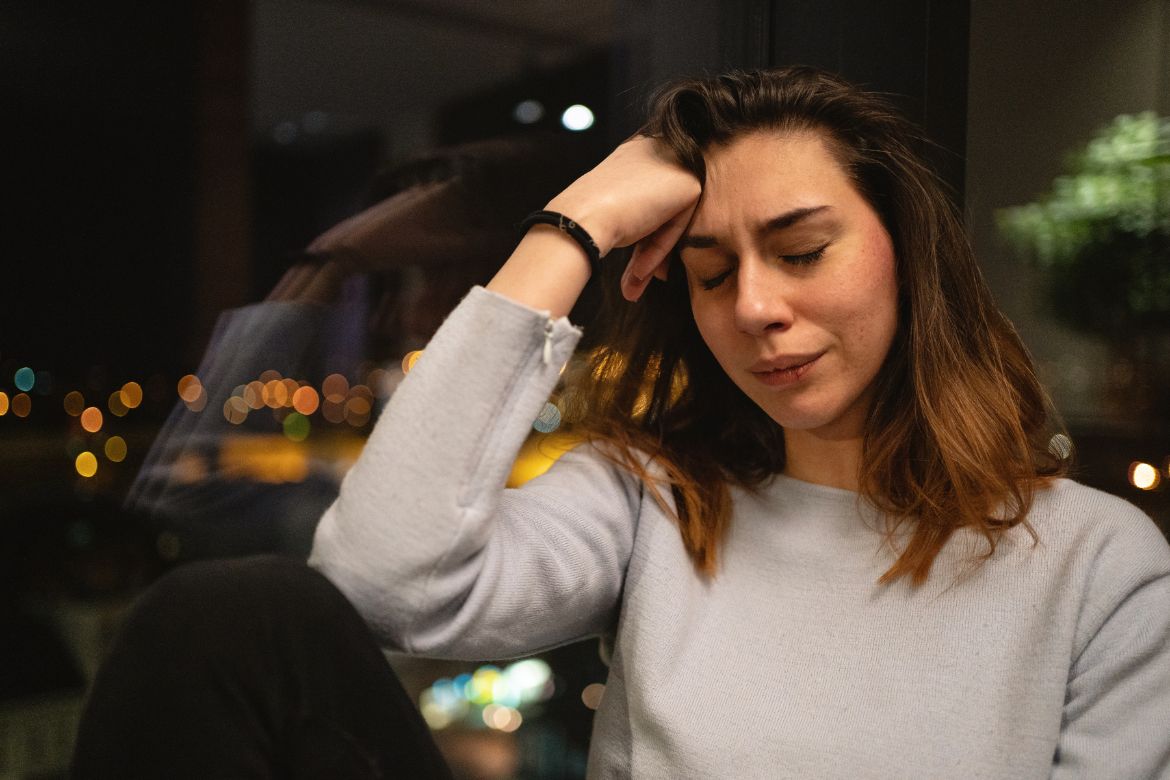
Depression comes in many forms and presents its symptomology on a spectrum of severity, including major depressive disorder, as well as melancholia, and even the feeling of being in a slump, or having seasonal blues. Depression can change the way one thinks and responds to many life events, causing sufferers to believe that they have nothing to share or look forward to. Therapy for depression varies depending upon which form is being exhibited.
Depression in the higher functioning form is an overarching sadness and more particularly an inability to respond to life’s hopes and happiness in a functional way, over time relationships, work performance, and self-esteem do suffer. At other times, depression co-occurs with other disorders such as anxiety. If you are reading this far, you may be like the millions of people each year who decide to do something about their depression and change the direction of their thoughts and behaviors. Counseling for depression is focused on responding to thought patterns in a way that supports change and expands upon human potential.
Our brains are truly remarkable, as each of us possesses the ability to rewire them based on the neural pathways we activate through our thoughts and actions. This is where cognitive behavioral therapy or CBT comes in. By identifying and labeling our feelings, we can better understand which thoughts may be irrational or rooted in the limiting aspects of depression. CBT equips us with the tools to retrain ourselves to respond to our thoughts in a way that supports the restructuring and rebalancing of our thinking, feeling, and acting. By working towards emotional balance and overall health and wellness, we can achieve a happier and more fulfilling life.
Signs of Depression
Symptoms of a major depressive episode are to experience simultaneously and for at least two weeks the following:
1) Marked and Depressed mood for the majority of the day.
2) A loss of interest in many or most favored activities of interest.
3) Loss of appetite or heightened desire to eat which results in significant and unintentional weight loss or gain.
4.) Hypersomnia or Hyposomnia meaning that one is sleeping too much or too little.
5) Impaired and slowed physical motion that is noticeable to others.
6) Feeling tired and exhausted.
7) Struggling with feelings of guilt, shame, or worthlessness
8) A newfound and diminished ability to hold concentration concentrate, or a marked indecisiveness.
9) Thinking of death.

Some common goals of Depression Therapy are as follows:
- To develop the ability to manage and respond to emotional crisis in constructive and adaptive ways.
- Differentiate the limiting and negative belief system and to replace those beliefs with healthy, balanced and more realistic beliefs.
- To become curious about one’s relationships and ways of relating to others and to then develop positive ways of interacting with others around us.
- To cope with life problems and problem solve in a consistently adaptive manner
- To label the concerning factors which exacerbate depression and replace those behaviors with emotionally healthy, and enriching behaviors.
- Create a life that is once again satisfying and free from the symptoms of depression, hopelessness, and anger that are associated with the mental health disease.
- Create life maps and goals that are realistic and manageable.
- Learn techniques such as mindfulness for stress and distress management which uses emotionally healthy behaviors.
As an integrative counseling center, treatment for depression is formulated as a part of a team of wellness professionals who all offer the evidence-based and scientifically verified modalities of their fields including a team of licensed professional counselors, therapists, psychiatric practitioners and wellness providers who bring decades of experience to your emotional health and well being.
Medication can be a valuable tool in the treatment of depression, providing much-needed relief and support to individuals struggling with this mental health condition. Depression is often caused by imbalances in certain chemicals in the brain, such as serotonin, norepinephrine, and dopamine. Medications known as antidepressants work by targeting these imbalances and restoring the normal functioning of these neurotransmitters. Our skilled psychiatric practitioners can provide you with medication management.
We also provide a range of holistic options for individuals seeking alternative treatments for their depression. These offerings include nutrition counseling, herbalism, reiki, and meditation for those who prefer a more holistic approach to their well-being, these services can complement traditional treatments and support a comprehensive healing experience.
If you are a part of a long-term relationship, we also have a team of counseling professionals who specialize in offering marriage and family counseling to help and heal your relationship from the effects of depression.
Get Started with Therapy for Depression
Call us at 412-322-2129 or fill out the form below to get started with Depression Therapy.
Depression Blog Posts

Depression Medication and Antidepressants

Exploring Different Types of Depression

Worsening Depression? Questions to Ask Yourself

Am I Lazy? Lack of Motivation? Or is it Depression?

Coming Out of a Depressive Episode: Easing Up Pressure

What is Persistent Depressive Disorder? Understanding the Symptoms, Causes, & Treatment

Managing Depression: 14 Tips for Balancing Responsibilities

Do I Need Antidepressants? 5 Ways To Tell

Gut Health and Mental Health, What’s the Link?

How to Get the Most Out of Therapy

What to Say to Someone With Depression


